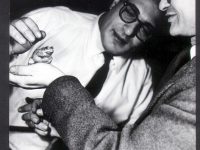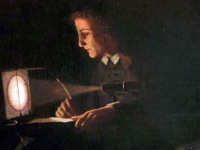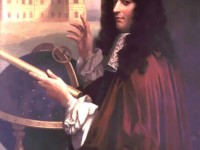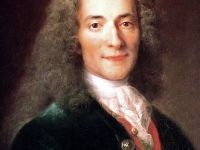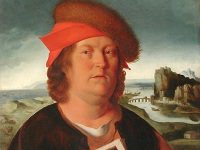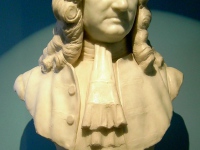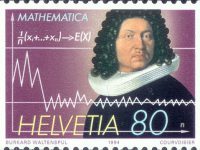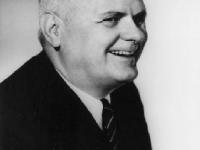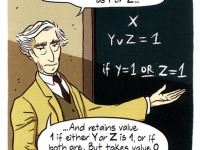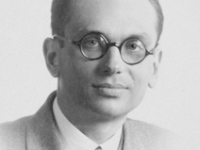Walter Pitts and the Mathematical Model of a Neural Network
On April 23, 1923, American logician Walter Pitts, Jr. was born. Pitts worked in the field of computational neuroscience. He proposed landmark theoretical formulations of neural activity and generative processes that influenced diverse fields such as cognitive sciences and psychology, philosophy, neurosciences, computer science, artificial neural networks, cybernetics and artificial intelligence. Moreover, he proposed the first mathematical model of a neural network. The unit of this model, a simple formalized neuron, is…
Read more

